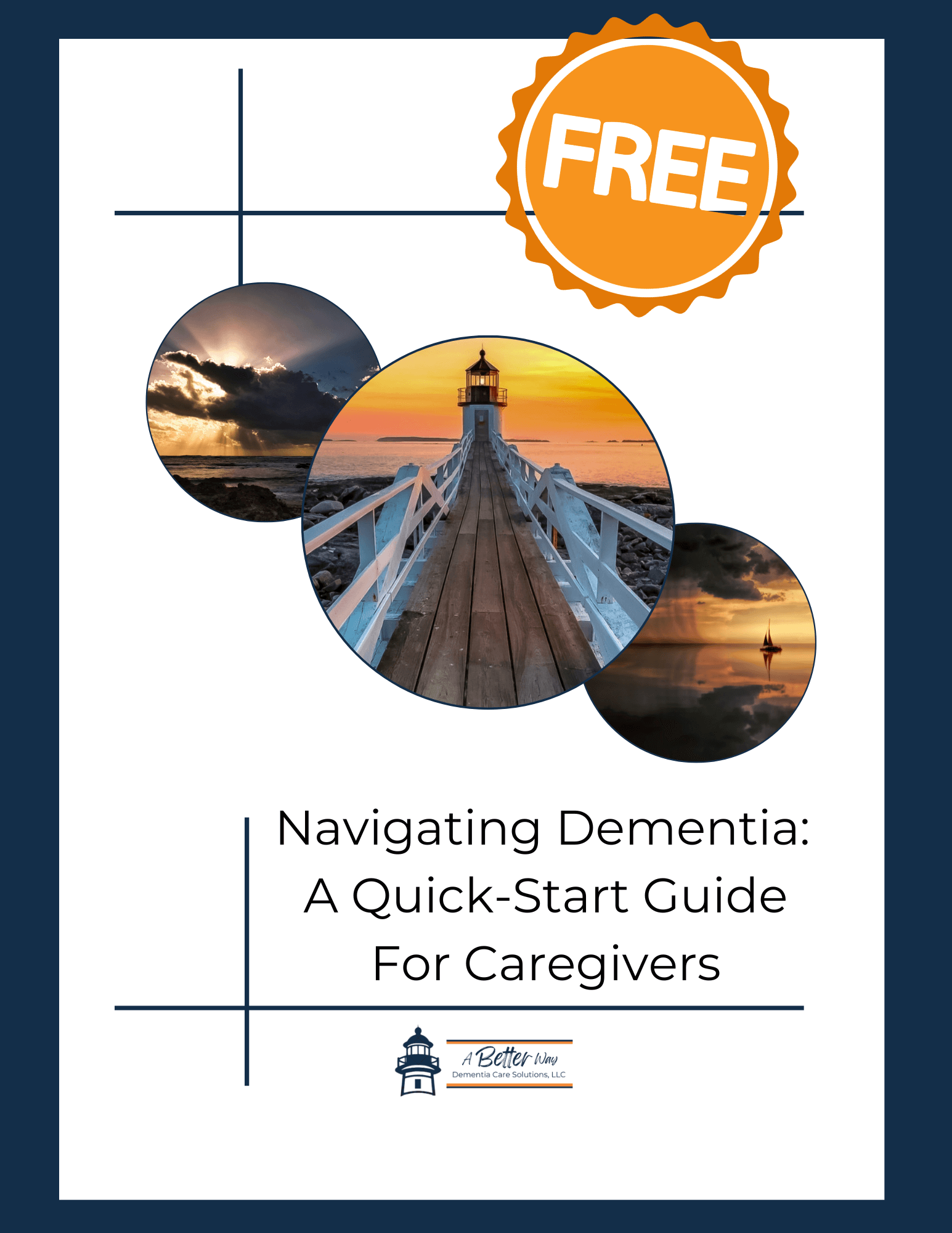
The holiday season is a time for connection, cherished traditions, and creating heartfelt memories. Yet, if you're traveling with a person living with dementia, the journey can feel daunting. With thoughtful planning, however, you can enjoy the season’s warmth while ensuring a smoother, more comfortable experience for everyone.
This guide is here to help you prepare with confidence and compassion, offering practical advice to make holiday travel as enjoyable and stress-free as possible.
1. Assess Whether Holiday Travel is the Right Choice
Start by reflecting on whether travel will be beneficial or manageable for the person you care for.
Consider these factors:
- Dementia stage: Those in earlier stages might find travel more manageable, while later stages could present greater challenges.
- Overall health: A conversation with their healthcare provider can help determine if they’re up for the trip.
- Logistics: Busy airports, long car rides, or crowded destinations may be overwhelming.
If travel feels too overwhelming, it’s okay to consider alternatives. Host a cozy celebration at home or arrange virtual gatherings to stay connected with loved ones.
2. Choose Travel Plans with Simplicity and Comfort in Mind
Simplify Your Itinerary
- Stick to destinations that are familiar or easy to navigate.
- Allow plenty of downtime for rest and recovery.
- Select accommodations that provide quiet spaces or dementia-friendly features.
Pick the Best Mode of Transportation
- Car trips: Offer flexibility and control. Plan regular stops for rest, snacks, and bathroom breaks.
- Air travel: Book direct flights to minimize layovers, and request airport assistance for smoother navigation.
- Train travel: Opt for less crowded schedules and consider reserved seating for added comfort.
3. Pack Thoughtfully for the Holidays
A well-packed bag can ease travel challenges and keep everyone more relaxed.
Essentials to Bring
- Familiar comfort items like a favorite blanket, holiday music, or family photos.
- Medications, along with clear dosage instructions and emergency contacts.
- Easy-to-eat snacks and drinks to maintain energy.
- Important documents like medical records and insurance information.
Dress for Success
- Pack comfortable, weather-appropriate clothing, including festive outfits that don’t sacrifice practicality.
- Bring layered options to handle changing temperatures.
4. Manage Crowds and Maintain Calm Amidst Holiday Hustle
Busy environments can heighten anxiety, so it’s crucial to build calmness into your travel plans.
Stick to Routines
Keeping familiar schedules, such as meal and rest times, helps maintain a sense of stability.
Keeping familiar schedules, such as meal and rest times, helps maintain a sense of stability.
Limit Sensory Overload
- Bring noise-canceling headphones or earplugs for noisy environments.
- Identify quieter spaces to retreat when needed.
Take Frequent Breaks
Schedule pauses to recharge—a quiet walk, some relaxing music, or simply sitting in a peaceful space can make a big difference.
Schedule pauses to recharge—a quiet walk, some relaxing music, or simply sitting in a peaceful space can make a big difference.
Communicate with Loved Ones
Let family and friends know what to expect. Their understanding can help create a calm, supportive atmosphere during visits.
Let family and friends know what to expect. Their understanding can help create a calm, supportive atmosphere during visits.
5. Prioritize Safety
Taking extra precautions can make the journey safer and more reassuring for everyone.
Use Identification Tools
- Ensure they wear a medical ID bracelet with essential information.
- Carry a recent photo and ID in case of wandering.
Plan for Emergencies
- Research nearby healthcare facilities before traveling.
- Have contingency plans in place for delays or overwhelming situations.
Travel with Support
Having a travel companion lightens the load and provides extra reassurance.
Having a travel companion lightens the load and provides extra reassurance.
6. Adapt Traditions for Comfort and Joy
The holidays aren’t about perfection—they’re about connection. Simplify celebrations to match the person’s abilities and comfort.
- Opt for small, quiet gatherings instead of large parties.
- Focus on familiar, joyful traditions, such as decorating cookies or watching classic holiday movies.
- Include activities they enjoy and can participate in comfortably.
Recommended Products for Holiday Travel
- Medical ID Bracelets: Quick identification in case of emergencies. Check it out on Amazon
- Portable GPS Trackers: Peace of mind for busy travel days. Check It out on Amazon
- Travel Pill Organizers: Keep medications accessible and organized. Check it out on Amazon
- Noise-Canceling Headphones: Reduce stress in noisy settings. check it out on amazon
- Fidget Items: Small sensory tools to provide comfort during travel. check it out on amazon
Final Thoughts
Traveling during the holidays with a person living with dementia can be a rewarding experience when approached with care, patience, and flexibility. By prioritizing their needs and comfort, you can create beautiful, meaningful moments that you’ll both cherish for years to come.
Do you have tips for holiday travel with someone living with dementia? We’d love to hear from you in the comments!
Subscribe to Our Newsletter & Download Your Free E-Book
For more valuable tips, resources, and updates on dementia care, click here to subscribe to our newsletter today!
To help you prepare for and manage doctor’s appointments with the person you care for, click here to receive our FREE downloadable e-book, Navigating the Doctor's Office: A Caregiver’s Guide.
Affiliate Disclosure
A Better Way - Dementia Care Solutions, LLC participates in the Amazon Associates Program, which means we earn a small commission when you buy through links on our site, at no extra cost to you. We only recommend products that we believe can help caregivers on their journey.
Disclaimer: The information provided in this blog is for educational purposes only and should not be considered medical advice. Always consult with a doctor or a licensed physical therapist before starting any new exercise routine, using assistive devices, or following the recommendations mentioned. Every individual’s needs are different, and professional guidance is essential to ensure safety and appropriateness of care.
Want to keep figuring this out together?
Subscribe to Finding Our Way in Dementia Care and get honest stories, helpful tips, and gentle support delivered to your inbox every week. Just real talk, grounded care, and space to breathe.
Subscribe to Finding Our Way in Dementia Care and get honest stories, helpful tips, and gentle support delivered to your inbox every week. Just real talk, grounded care, and space to breathe.
Kind truth. Clear steps. Warm guide.
















0 Comments